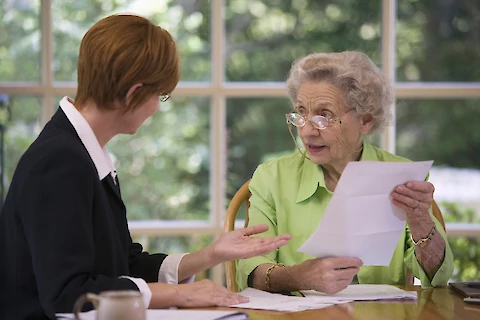
Legal planning for senior relatives often slides under the radar until a crisis occurs. However, proactive planning is crucial to ensure your loved ones' wishes are respected and their affairs are in order. This involves a careful understanding of key legal documents, such as a will, power of attorney, and advanced healthcare directives.
Understanding the Key Legal Documents
A vital part of elder care planning involves understanding the key legal documents: a will, a power of attorney, and an advanced healthcare directive. A will, simply put, is a legal document that outlines how a person's assets and estate should be distributed after their demise. It provides clear instructions on who will inherit properties and possessions and can appoint a guardian for minor children.
A power of attorney is a legal document that allows a person, known as the 'principal,' to appoint someone they trust as their agent. This agent can make legal and financial decisions on their behalf should they become unable to do so themselves. This can include managing bank accounts, investments, real estate, and other financial affairs.
An advanced healthcare directive is another crucial document. It outlines your senior relative's preferred medical treatments and interventions should they become unable to express informed consent. It may also include a 'living will,' specifying their wishes regarding end-of-life care.
The Importance of Having These Documents
Without these legal documents, families may face unnecessary complications. A power of attorney, for instance, can prevent financial mismanagement and ensure bills are paid promptly. Similarly, an advanced healthcare directive can prevent disputes about medical decisions, providing peace of mind that the senior's wishes will be honored.
Moreover, this documentation ensures your senior relatives' affairs are in order. And perhaps most importantly, they provide reassurance for both the seniors and their families. Knowing one's wishes will be respected, and their affairs managed according to their directives, can provide immense comfort in uncertain times.
How to Organize These Documents
Once you understand these documents and their importance, the next step is to get organized. The process may seem daunting, but take one step at a time. Start by consulting with a trusted attorney to ensure the documents are legally sound and cover all necessary aspects. Keep in mind that legal professionals are seasoned in these matters and can provide guidance throughout the process.
After the legal documents are prepared, make copies and let trusted family members know where they're stored. It's essential to keep these documents in a safe yet accessible place. Fireproof safes or secure document storage services can be excellent choices.
Remember, these documents aren't set in stone. As circumstances change, your senior loved one may wish to update their will, power of attorney, or advanced healthcare directive. Regular reviews ensure these legal documents remain in line with their wishes and current situation.
Prioritizing legal planning for your senior relatives is a practical way to respect their wishes and maintain order in their affairs. It provides peace of mind for everyone involved, knowing there's a plan in place for the unknown.
Find the Help Needed to Care for Senior Loved Ones
As seniors age, their care needs increase, and they may need more support. At Senior Helpers San Jose, we offer in-home care services to families in San Jose, Santa Clara, Santa Cruz, and Campbell. Contact us today to learn more about the benefits of those essential services.